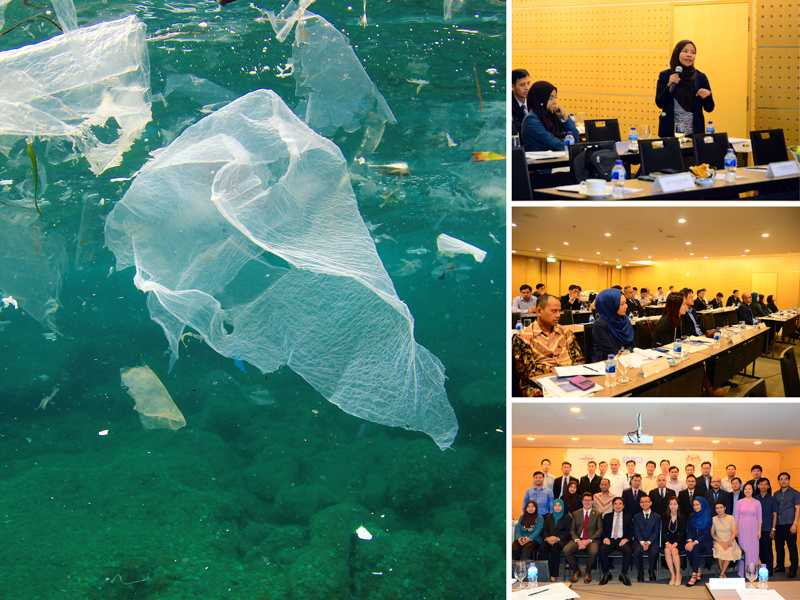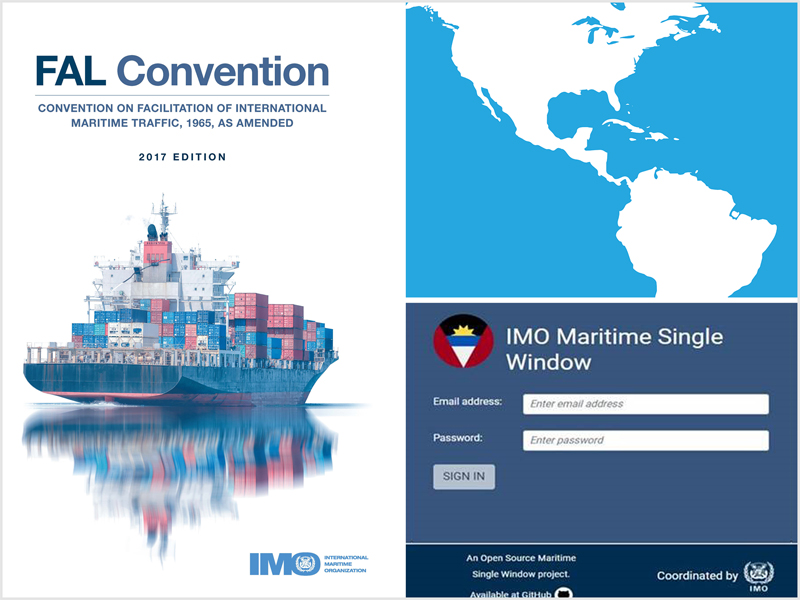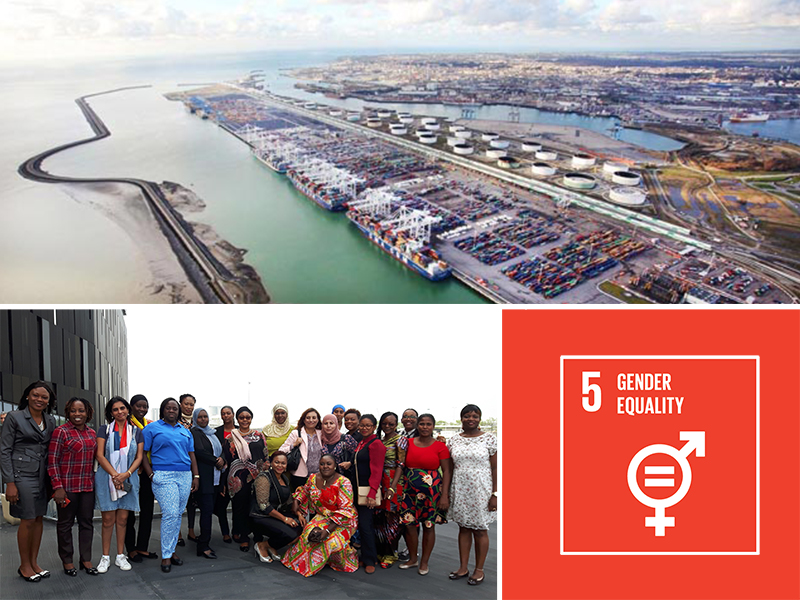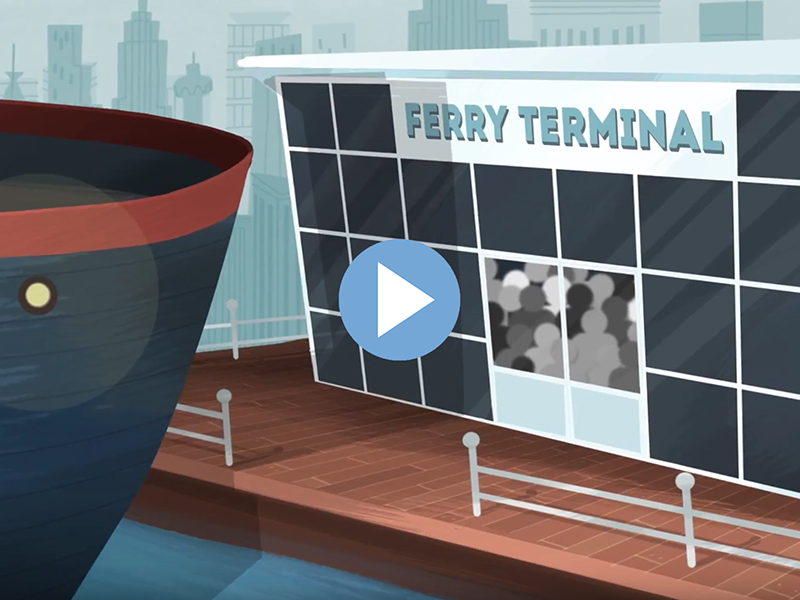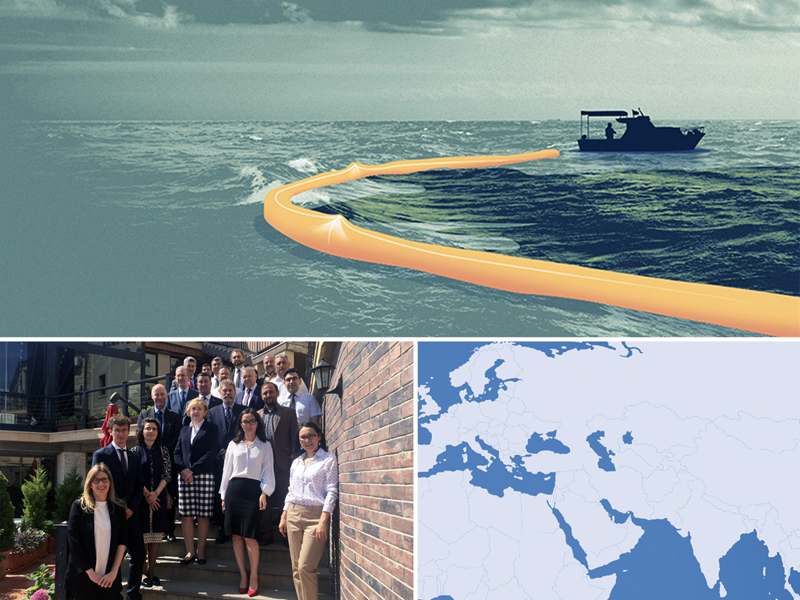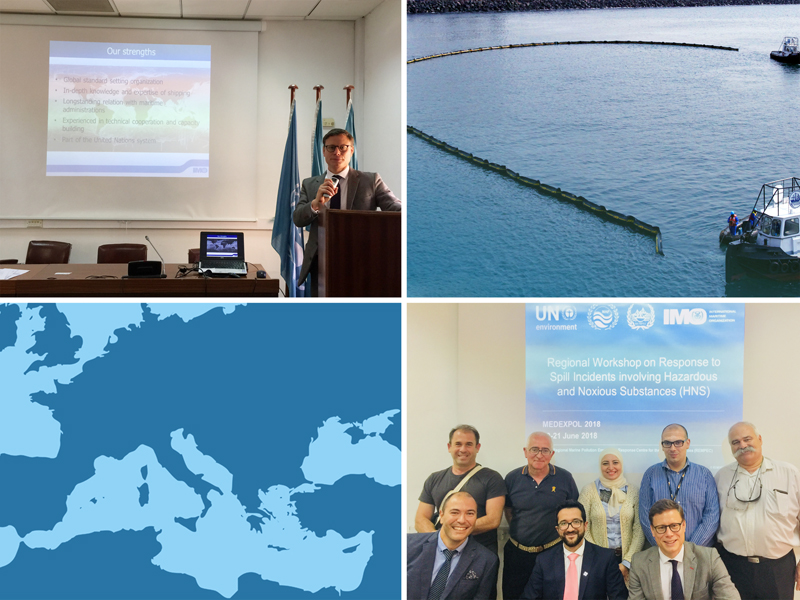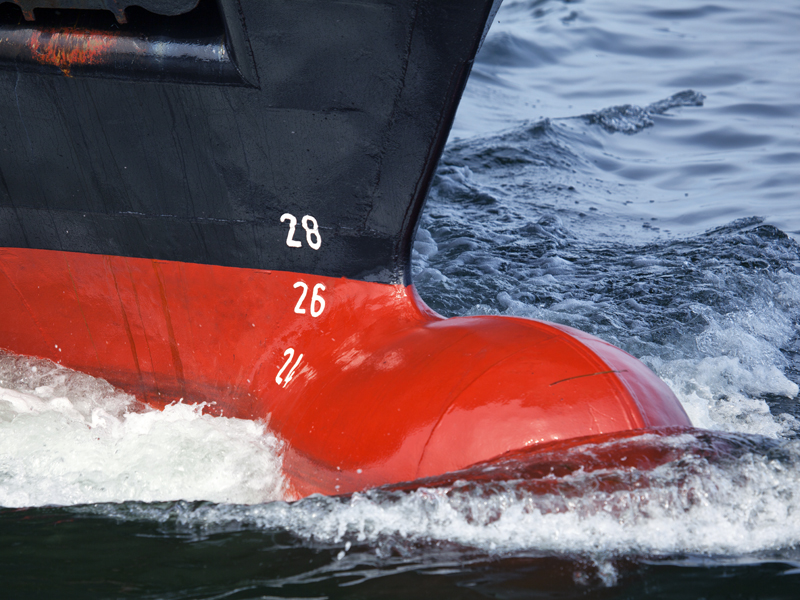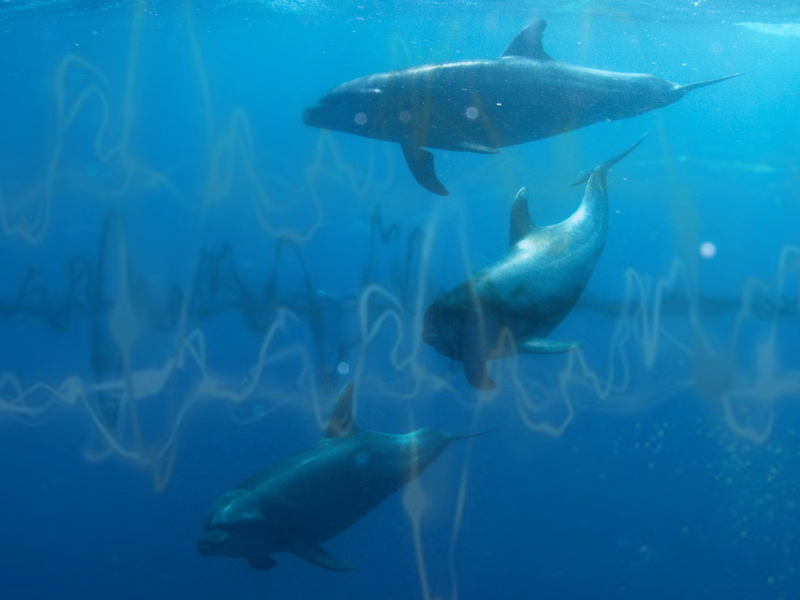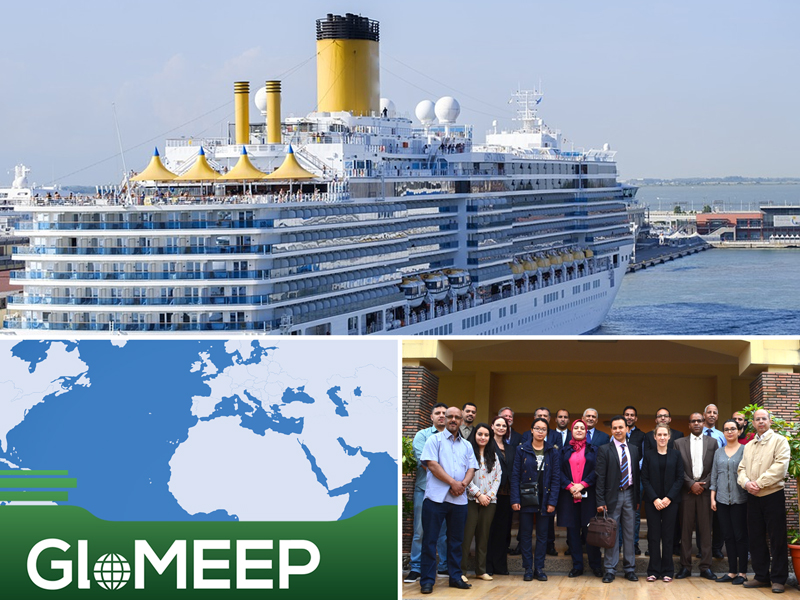Whats New 2018
Addressing marine litter
Marine litter poses significant risks to the marine environment, ecology and human health, and is a global concern. IMO has been taking action to address the problem, including regulating garbage discharge from ships and helping countries build up their human and technical capacities. An IMO Regional Workshop on MARPOL Annex V and Port Reception Facilities for the ASEAN Region took place in Ho Chi Minh City, Viet Nam (27-29 June). The workshop is aimed at raising the awareness on marine litter and enhancing the effective implementation of IMO garbage regulations on ships and in port reception facilities. more...
Testing of Antigua and Barbuda maritime single window begins
An exciting
new phase in a project to develop a maritime single window for Antigua and
Barbuda has begun, with the installation of the first, basic system platform.
Testing and implementation will now begin and if successful, the system,
developed by Norway, could potentially benefit other countries of the Caribbean
region and to other regions of the world. A technical
team from Norway has explained the basic platform, now available to all
stakeholders in Antigua and Barbuda, during a week-long series of related
activities (25-29 June). more...
Women in port management
IMO is continuing its ongoing efforts to ensure women can reach top ranks in the maritime sector, through its Women in Maritime programme. The latest event was a two-week training course for female officials from maritime and port authorities of developing countries, in Le Havre, France (11-22 June). At the Institut Portuaire d'Enseignement et de Recherche (IPER), 23 female officials from 14 developing countries* had the opportunity to deepen their knowledge of port management and operational efficiency. They also took part in lectures on a variety of port matters including management, security, marine environment, marketing, tariffs and logistics as well as facilitation of maritime traffic, ship/port interface and concession contracts. more...
Your safety matters – IMO rolls out ferry safety video
Overcrowding is dangerous. Listen to crew. Follow instructions. It could save your life. These simple but key messages to ferry passengers are included in a new one-minute animated IMO safety video, to be shown in ferry terminals across the Asia and Pacific region and on national TV channels. The video was commissioned following a series of IMO-sponsored regional discussion forums on ferry safety held in the Asia and Pacific region. Overloading and overcrowding were highlighted as common and potentially deadly problems for passenger ships plying inland waterways or on domestic and inter-island services. more...
Supporting oil spill preparedness in the Caspian Sea
How to implement the Aktau Protocol on regional preparedness, response and cooperation in combating oil pollution incidents was the subject of a workshop in Baku, Azerbaijan this week (18-20 June). The event brought together the five littoral states* of the Caspian Sea to test the Caspian Sea Plan concerning regional cooperation in dealing with oil pollution in cases of emergency, and guidelines on future regional oil spill exercises were developed. Discussions were held on integrating international assistance offers into the national preparedness and response system. more...
Being prepared for hazardous and noxious substance spills
With the
rise in transport by sea of chemicals and gases, in bulk and containerized,
adequate preparedness for response to potential spill incidents involving
hazardous and noxious substances (HNS) is increasingly important. The
Regional Marine Pollution Emergency Response Centre for the Mediterranean Sea (REMPEC) is hosting a regional workshop on
response to such incidents, in Valletta, Malta (20-21 June). Regional
cooperation on oil and HNS spill response and contingency planning is an
efficient and cost-effective way of preparing for possible spills – through the
sharing of information, knowledge and/or response equipment. more...
Addressing the impacts of fouling
The build-up of aquatic organisms on a ship’s underwater hull and structures is known as biofouling. This can introduce potentially invasive non-native aquatic species to a new area. Fouling can also slow down a ship and impact on its energy efficiency. An IMO regional workshop in Port of Spain, Trinidad and Tobago (20-22 June) aims to provide participants with a greater understanding of the requirements and implications of ratifying, implementing and enforcing the anti-fouling systems (AFS) convention and implementing biofouling guidelines. more...
Protecting marine life from ship noise
Ship noise has been shown to be the main contributor to underwater noise on a global scale, with recognized negative impacts on marine life. Scientists and researchers from international organizations, States and expert groups have been sharing the latest information on ocean noise, including its detrimental impact on species such as whales and dolphins, at the informal annual meeting on oceans and the law of the sea, at United Nations headquarters, New York, United States (18-22 June). more...
Port emissions training for Morocco
How
can ports cut emissions to ensure cleaner air and contribute to the battle
against climate change? An IMO training course is supporting countries to help
find the answers, which include the need to first quantify emissions and then
identify measures to reduce port-related emissions in a cost-effective way. Maritime
officials in Morocco are the latest to undergo the training, at a workshop in
Casablanca (19-21 June). The event is being held under the IMO-run GloMEEP Project on energy-efficiency and the
International Association of Ports and Harbors (IAPH). more...
